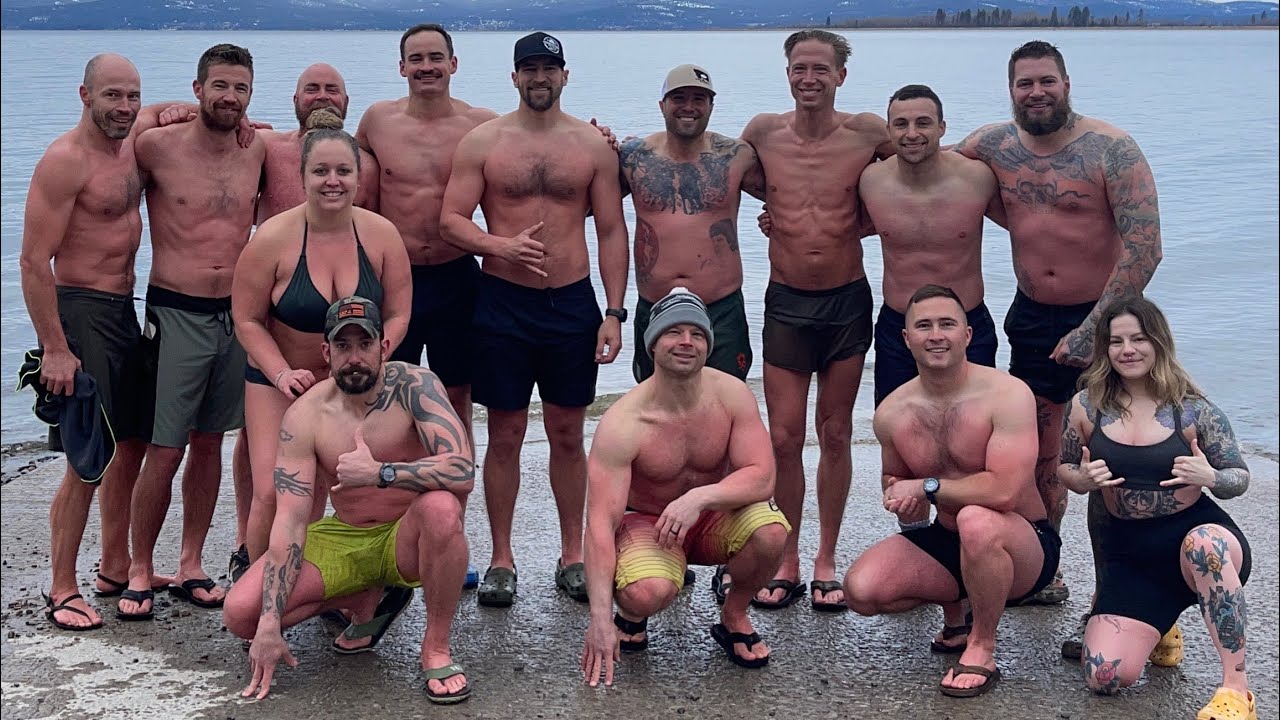5 Mistakes Veterans Makes with Their Resumes
In March of this year, the Bureau of Labor Statistics released their report on The Employment Situation of Veterans. While there is some good news, overall veteran unemployment is down slightly over last year, there is still much to be concerned about.The good news is that for all veterans, the unemployment rate is lower than the national average. For all veterans, the unemployment rate sits at 5.3% compared to the national average of 5.5%. That is good news. The area of concern is for veterans who have served in the military since September 2001, the group referred to as Gulf War-era II veterans.In the Gulf War-era II veteran group, unemployment is 6.5% (down from 6.7% in Feb). Gulf War-era II veterans are unemployed at a 23% higher rate than veterans are as a whole and 18% higher than the national average. What is the disconnect?At Grunt Style, we are committed to hiring veterans. We are currently over 70% staffed by veterans with nearly all of those veterans being in the Gulf War-era II veteran group. We see resumes from veterans in this group every day and we have some suggestions to help improve the employment situation for our young veterans who should not be struggling like they are. We see the same mistakes repeated over and over that we are sure to be contributing to the lack of employment for young veterans. Let’s get in to talking about the 5 mistakes veterans make with their resumes.5. Spelling and Grammar Mistakes[caption id="attachment_10397" align="aligncenter" width="804"]

(http://blog.alinelerner.com/)[/caption]This is a no-brainer. Having spelling or grammar mistakes on your resume will get your resume immediately tossed in the trash. How can you be trusted to do a good job for a company if you can’t even be bothered to check the spelling and grammar on your resume? Will you somehow get better at attention to detail after you are hired? Having spelling and grammar mistakes is the fastest way to be ignored. Make sure you don’t have any.4. Your Resume is Too Military[caption id="attachment_10399" align="aligncenter" width="1934"]

This is an example of a Marine's bad resume. Don't be this guy. (http://babywall.adapstar.com/)[/caption]
Assume that the person reading your resume has never served in the military and their only knowledge of the military comes from watching episodes of Army Wives. Now imagine that you are telling this person that you served as the JTAC NCOIC for CINCPAC G2 or some other acronym-crazy sentence that you need a decoder ring to understand. Your job may have been impressive in the military, but the person reading your resume, the one who will either move you on to the next step or toss your resume in the trash, has no idea what you are talking about. You have got to tone down the military and explain what you did in language that any civilian can understand.

3. No One Cares About How Much Equipment You Were Signed For
We feel like this one is some kind of an order that has been handed down from the Chairman of the Joint Chiefs that any service member transitioning out is required to have the line on their resume, “was responsible for $________________ of equipment.” This is on just about 100% of the resumes we see and not one time, not one, have we ever read that line and thought, “we have to get them in here right now.”Sure, this is meant to show that you are a responsible person and you were trusted with a lot of expensive stuff. Here’s the thing. No one cares. In the civilian world, people are given the equipment needed to do their jobs and they are just expected to take care of it. No one puts on their resume how much equipment they were responsible for because no one cares.2. Inflating Military Credentials
Remember when we said earlier that you should assume that a civilian who has never served in the military is reading your resume? While you should always assume that, don’t make that assumption and think it’s a good idea to inflate your military experience. Here is something to think about. In 2014, the VA estimated that there were 22 million veterans in the United States.While it’s true that less than 1% have ever served, in a group of 22 million, you should assume that there is a chance that the person reading your resume is a veteran and they know that there is no way you were a platoon sergeant by the end of your three year enlistment.1. You Are Not Actually Applying for the Job
You submitted your resume so of course you are applying for the job so what do we mean? We mean that just because you submitted a resume it doesn’t mean you have done a good job applying for the job. Far too often people just submit their standard resume for every job opening. They don’t take the time to tailor their resume to the job for which they are applying. Failing to do this is guaranteed to lead to your resume not being considered, and it is likely that no one will ever even see your resume for them to even think about discarding it out of hand.Most companies out there use software that helps filter resumes that might be the best match for the posted position. Those key words are set up looking for specific things related to job skills and education. If your resume doesn’t have those key words, it’s not going to even be seen. Even if the company you are applying to isn’t using that software, hiring managers and recruiters are still going to do the same thing. They are looking for people they think will be the best fit for the position they have open.Take this snippet from one of our job postings for a Custom Sales Person:
- Services existing accounts, obtains orders, and establishes new accounts by planning and organizing daily work schedule to call existing potential sales outlets and other trade factors.
- Adjusts content of sales presentations by studying the type of sales outlet or trade factor.
- Focuses sales efforts by studying existing and potential volume of dealers.
If you submit a resume that talks about how many combat missions you’ve lead or how you were responsible for route clearance in your sector in Iraq or anything that doesn’t seem to be related to this job, it is unlikely that you are going to ever be called.Do not mistake a company saying they are veteran friendly for meaning they will hire anyone for any job regardless of qualifications just because they are a veteran. You still have to be qualified for the job. Being a veteran is a bonus.Be sure to keep this in mind, even if you have never made any of these mistakes, it still doesn’t guarantee that you are going to get hired or even interviewed. The job market is tough right now. You can be perfect and not get the job. You just have to keep trying, frustrating as it may be.These are the 5 mistakes veterans make with their resumes. Next time we will be talking about how you can not only avoid these mistakes, but how you can turn this information into strengths.



%201.svg)









